What’s going on in your circulatory system? Why does your blood pressure fluctuate so much? We explain what factors impact blood pressure and why it rises and falls.
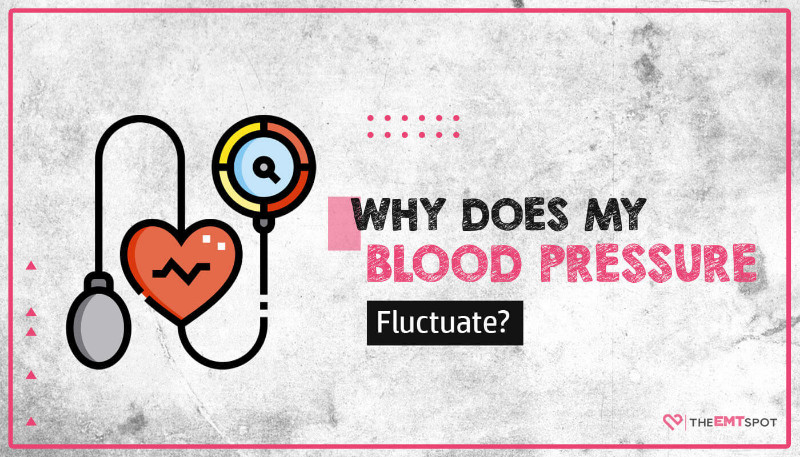
Quick Summary
- Blood pressure fluctuation or labile hypertension is a sudden abrupt rise in blood pressure accompanied by symptoms (but not in all cases).
- Stressful, emotional situations are the primary reason your blood pressure rises and falls suddenly.
- While lifestyle may help you control the symptoms, if not, your doctor will prescribe you medication for the same.
Blood pressure fluctuation is an important yet under-recognized form of high blood pressure. Also known as labile hypertension, it is different from normal, stable high blood pressure in more than one way.
The person with labile hypertension may or may not have symptoms other than high blood pressure; these symptoms can range from mild to intense.
Many factors may contribute to the eruption, including food, activity, weather, time of the day, and stress level.
Contents
What Is Labile Hypertension?
Labile hypertension is a short, episodic form of hypertension that arises with an episode of high blood pressure. A person with labile hypertension experiences frequent swings in blood pressure between normal and high.
Although some minor changes in blood pressure during the day is normal, labile hypertension causes the blood pressure to shift more abruptly.
What Are The Symptoms Of Labile Hypertension?
Labile hypertension may not present with any symptoms or may show symptoms such as headache, palpitations (fast heartbeat), flushing (feeling hot in the face), tinnitus (ringing sound in the head), and high blood pressure (>120/80 mm Hg).
Some may even feel dizziness and general weakness or lethargy. Shortness of breath, sweating, and uneasiness may also be felt.
What Are The Reasons Behind Labile Hypertension?
Anxiety and emotional stress are seen as the leading causes of labile hypertension. For instance, some people feel anxious just before surgery, or students feel high-intensity jitters right before their exams.
Other reasons behind this medical condition include the following:
- Alcohol consumption
- Drinking too much caffeine
- Hyperthyroidism (high level of thyroid hormones)
- Mental disorder drugs (amphetamines and clozapine)
- Migraine
- NSAIDs (Non-steroidal anti-inflammatory drugs) such as celecoxib, ibuprofen, and naproxen
- Oral contraceptives (mainly estrogen-based)
- Seizures
Is Labile Hypertension Connected To Some Underlying Disease?
In some cases, not all, your labile hypertension can be due to some underlying medical problem you might or might not be aware of. Talk to your doctor, and get it treated.
Once the problem subsides, so will your frequent blood pressure changes. Some of the most notable ones include:
- A compromised adrenal glands
- Baroreflex failure
- Carcinoid syndrome (caused by carcinoid tumor)
- Cardiovascular disease
- Kidney disease
- Cerebrovascular disease (mainly in the elderly)
- Panic disorder
- Posterior reversible encephalopathy syndrome (PRES)
- Sleep apnea
Is Labile Hypertension The Same As Paroxysmal Hypertension?
No. While both conditions are characterized by high blood pressure, paroxysmal hypertension differs from labile hypertension.
Labile Hypertension | Paroxysmal Hypertension |
Stressful (emotional) situations are responsible | Appears suddenly due to some repressed emotions such as past trauma. |
It can be asymptomatic or symptomatic. | Symptoms include weakness, headache, and thanatophobia (intense fear of death). |
How Do You Treat Blood Pressure Fluctuation?
The first step in treating fluctuating blood pressure is determining whether the problem is caused by a condition that can be treated. In many cases, it’s not necessary to treat a patient for fluctuating blood pressure, but in some cases, it is.
The situations that don’t need any medical intervention can be treated by the following methods:
Monitoring blood pressure every day
The one-two punch of the unusual highs and lows may indicate early warning signs of a future problem. If you notice it, please note but do not panic.
Following medication course diligently (if prescribed)
If blood pressure fluctuates frequently, your doctor may prescribe medicines to regulate your blood pressure.
Making lifestyle changes
You can cure or limit the dramatic blood pressure changes disturbing your life by making some healthful changes in your day-to-day life.
- Eating a healthy diet: The DASH (Dietary. Approaches to Stop Hypertension) diet is a common dietary approach to lowering blood pressure. The diet consists of 100% whole grains, fruits, vegetables, legumes, and plant-based proteins such as nuts and seeds. The diet should be low in sodium, sugar, and saturated fats and emphasize lean protein.
- Exercising: Regular exercise is the key to maintaining blood pressure levels at healthy ranges. By staying active, you can reduce your risk of hypertension and prevent or delay the onset of other medical conditions. Include yoga, walking, cycling, and running in your routine.
- Reduce alcohol consumption: Your blood pressure may rise and vary as a result of alcohol. When you drink, think about limiting yourself to just one alcoholic beverage.
- Watch stress levels: Learn how to handle stress in your life to help you cope with it. One of the most useful ways to overcome stress is to ensure you get enough sleep. Going to bed and waking up regularly is an excellent way to do that. Sleep for at least 8 hours a day.
- Maintaining weight: The study’s findings indicate that men with a waist-size of 40 inches and above and women with a waist-size over 35 inches may have an increased risk of blood pressure problems. Reduce them with an active lifestyle.
- Eating less sodium: To ensure you’re eating a healthy diet for lowering blood pressure, measure your daily sodium intake and stay within the American Heart Association’s daily recommendation of 2,300 milligrams. Centers for Disease Control and Prevention (CDC), recommends 1,500 milligrams per day of sodium per person with hypertension.
- Say no to tobacco: Quit smoking to keep your blood pressure in a healthy range. If smoking, ask your doctor about programs that can help you quit. Support groups or quitting with a friend can increase your chances of success.
- Natural supplements: Some herbs and spices are found to be useful in lowering blood pressure. There are some natural supplements that help lower blood pressure. Add them to your daily routine and watch the difference they make.
Summing Up
In summary, blood pressure is affected by several factors specific to each individual. Furthermore, high blood pressure is not always a risk factor for health complications.
That said, it can be helpful to keep an eye on the day-to-day fluctuations of your blood pressure to ensure that there are no abnormalities with how it fluctuates. This can also lead you to discover any underlying cause for your labile hypertension.

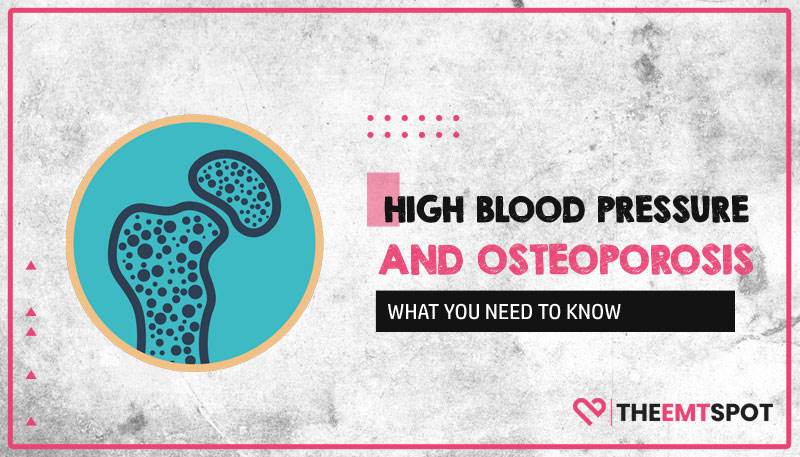
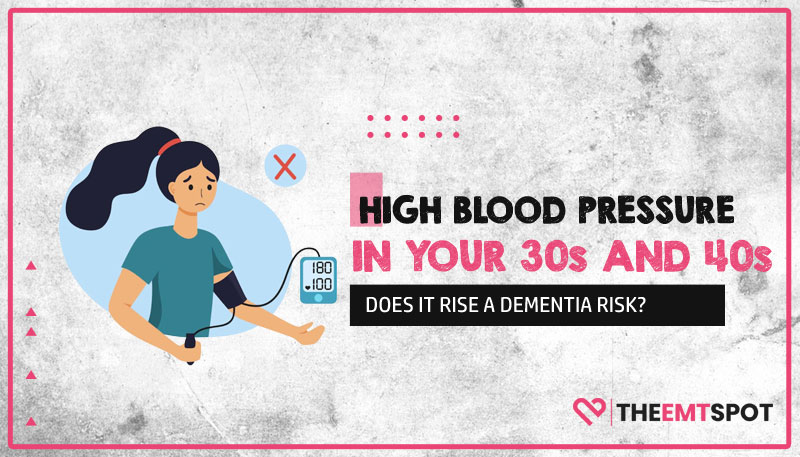
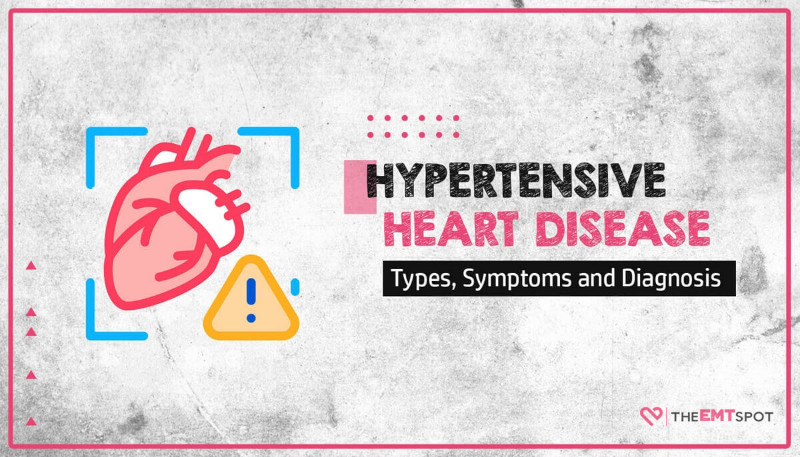
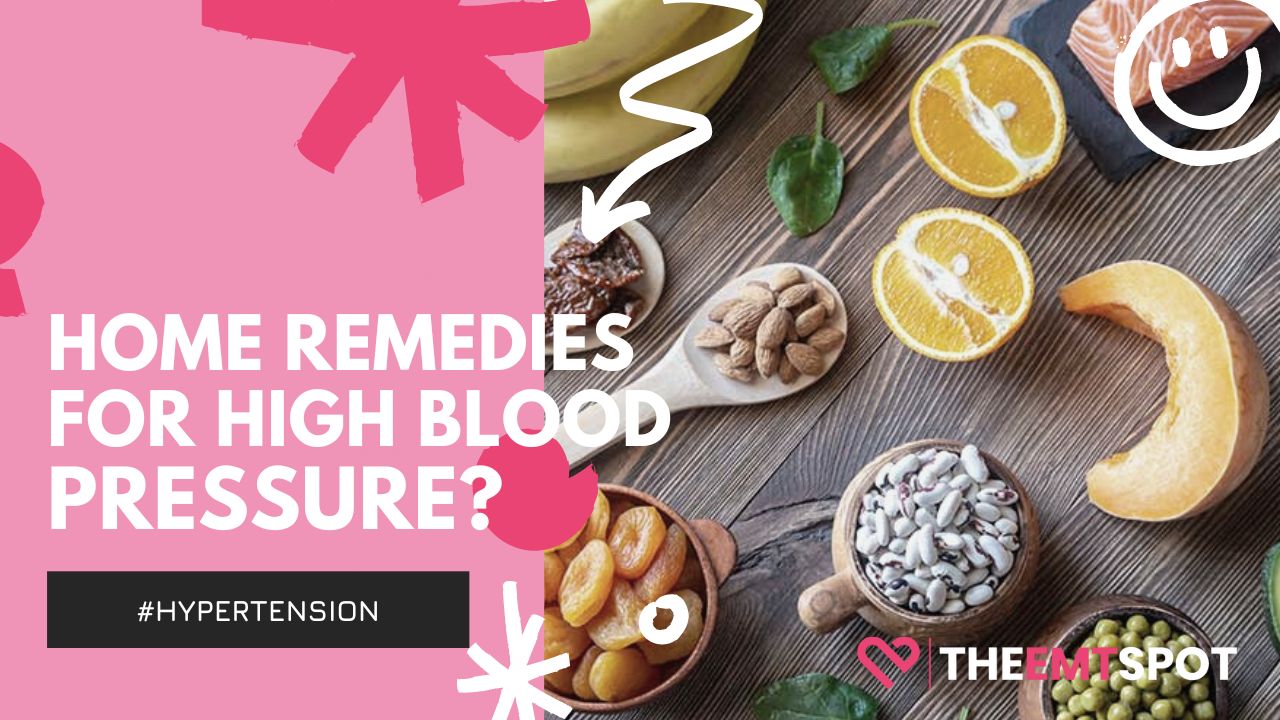
 Robin Backlund is a dedicated journalist and a medical student who has written several articles and essays exposing the falseness and hollowness of online resources in the medical science niche.
Robin Backlund is a dedicated journalist and a medical student who has written several articles and essays exposing the falseness and hollowness of online resources in the medical science niche.